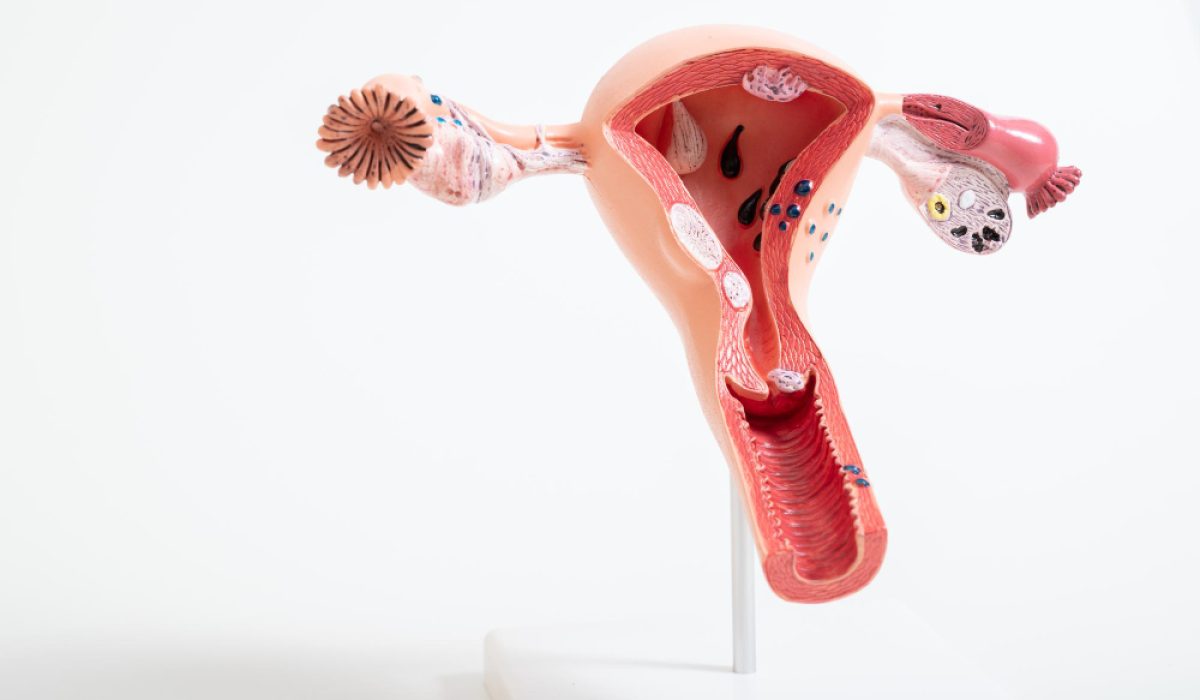The vulva is part of a woman’s outer genitalia. Vulvar cancer is a rare cancer that develops in the vulval tissues. Most of those affected with vulval cancer are older women over 65.
The condition is rare in women who are below 50 who have not yet gone through menopause.
Symptoms:
- Changes in the vulva color
- Abnormal growth in the vulvar region (wart, rash, ulcer)
- Itching or burning sensation
- Bleeding in the vulva
- Tenderness in the vulvar region
- Pelvic pain while peeing or having sex
Causes:
The major cause of vulval cancer is unclear, but the following factors increase your risk of developing the condition:
- Older age
- Vulval intraepithelial neoplasia: the cells in the vulva are abnormal and at risk of becoming cancerous
- Persistent infection with specific tarits of the human papillomavirus (HPV)
- Skin disorders affecting the vulva (lichen sclerosus)
- Smoking
You may reduce the risk of vulval cancer by quitting smoking and taking steps to minimize the chances of acquiring HPV infection.
Diagnosis:
After performing a physical examination, your doctor will perform the following tests:
If your doctor suspects any abnormal ulceration, lump, or mass, a biopsy is needed.
Based on the results of the biopsy, there may be other tests:
- Cystoscopy: the bladder is examined to determine if cancer is spread to that area.
- Proctoscopy: the rectum is examined to check if cancer has spread to rectum
- Imaging scans: helps the doctor determine whether cancer has spread and where to. An MRI or CT scan may be used. X-rays may be used to determine whether cancer has reached the lungs.
If the presence of vulvar cancer is suspected, then your doctor will stage it with the help of imaging scans.
Treatment:
Vulvar cancer treatment options include the following:
Surgery
This is the most common treatment for vulval cancer. It removes all cancer without any loss of sexual function.
Types of surgery include:
- Laser surgery uses a laser beam to make tiny cuts in tissue or remove cancerous surface lesions.
- Local excision: It removes cancer and a small-to-large amount of healthy or normal tissue around cancer. Sometimes surrounding lymph nodes are removed.
- Vulvectomy: this helps remove the part or all of the vulva and also some nearby lymph nodes. Skin grafts are used to replace the removed skin.
- Pelvic exenteration: These parts like lower colon, rectum, ovaries, cervix, vagina, bladder, and surrounding lymph nodes are removed.
Artificial openings are created to let the urine and stool flow from your body into a collection bag.
Radiation Therapy: Helps shrink deep lesions before undergoing surgery.
Chemotherapy: is used as an additive therapy with radiation therapy as support care.
Biologic therapy: is a kind of immunotherapy; this therapy uses synthetic or natural substances and helps the body to defend against cancer.
Prevention
Measures that can reduce the risk of developing vulvar cancer include:
- Having safe sex
- Attending scheduled cervical smear tests
- HPV vaccination
- Stop smoking

